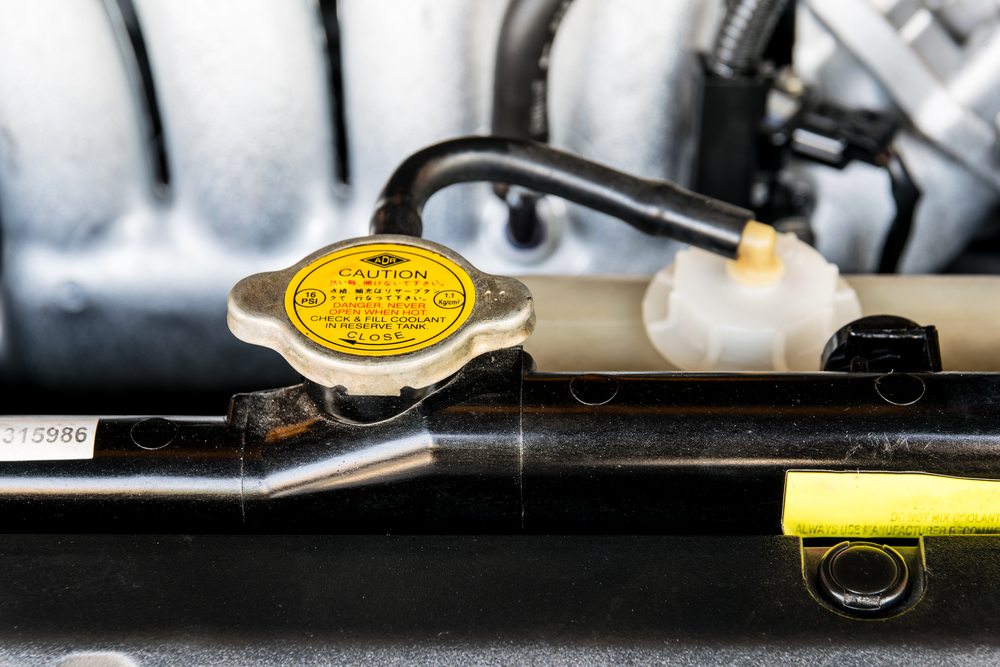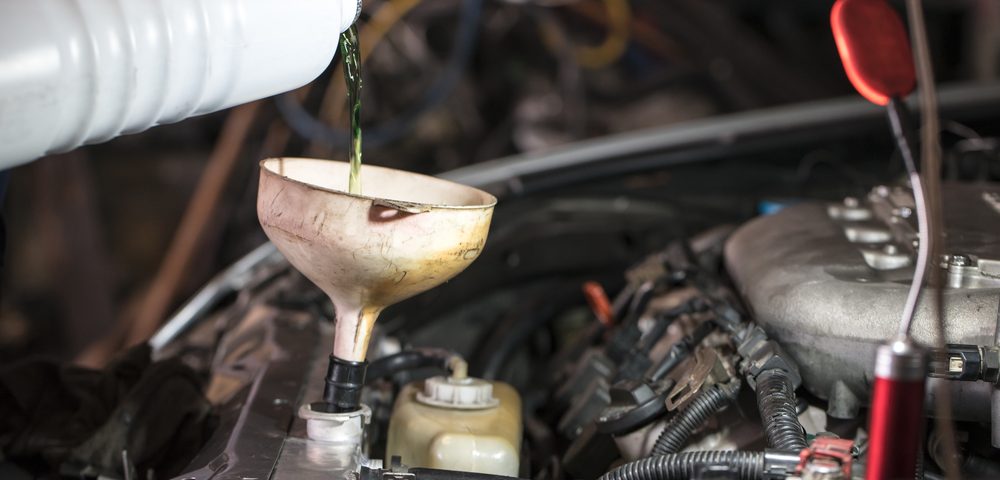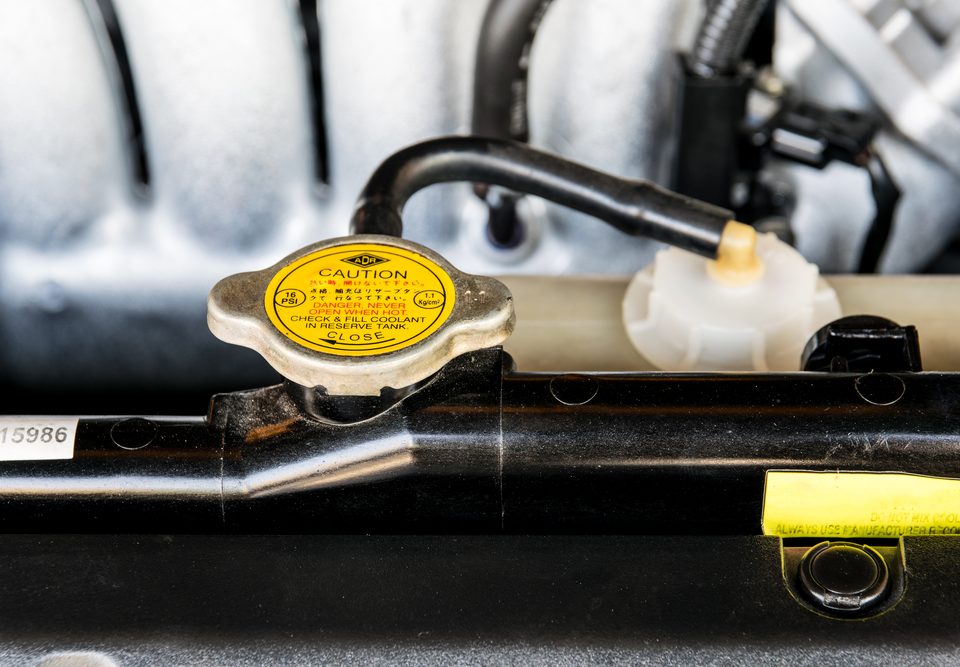
Plastic Radiators vs Metal Radiators: Why Should You Replace Them?
July 28, 2017Over time, car radiators age. As they age, a variety of issues can arise signaling to the car owner that it is time to replace the radiator. This may be necessary in order to prevent breakdowns. Radiators can sustain damage that is irreparable, and this will also result in the need to replace the radiator.
Old radiators can develop cracks and pin holes.
Radiators are made of metal, be it plastic and aluminum or brass and copper. Almost all metal ages and weakens due to oxidation. As the metal in your radiator weakens, it becomes susceptible to decay and failure. The constant heating up and cooling down of the radiator causes the same stress on the plastic and the metal as bending a piece of wire back and forth in the same area on the wire. It will eventually break. In the case of a plastic and aluminum radiator, the plastic top tank will crack and leak. In your brass radiator, the break is a crack along a tube that drains the coolant from the top to the bottom of the radiator. Under pressure, a great deal of coolant can be lost very quickly.
Pin holes are created by oxidization of the metal in the radiator.
Everyone is familiar with rust that forms on unprotected iron. In aluminum radiators, you may see a white powder-like residue. This is oxidation. Oxidation is corrosion that erodes the amount of metal available. As time passes, more and more of the metal oxidizes until small openings or pin holes start to appear. The high pressure inside the hot cooling system of the car will spray coolant through these tiny pores as you drive. Stop leak and other home remedies can slow the leaks for a while. The only permanent fix is to replace the radiator.
A badly clogged radiator can need replacement.
Radiators can get clogged or blocked in two or three ways. Debris from inside hoses and the water pump and rust from the engine block, can break loose and lodge in the radiator core. The accumulation of this material over a few years will reduce the cooling efficiency of the car radiator. If stop leak is added to this mix, flushing the radiator and cooling system will probably not produce effective results. The tank can be removed, the radiator cores cleaned out, and the tank replaced if the core is in good condition. This assessment can be done by Caribbean Radiator Works technicians.
If the radiator cannot be cleaned, a radiator replacement is the only sure option.
Damage to the front end of a vehicle often results in radiator problems.
If a collision of any type creates significant movement of the car’s front end materials, the radiator will be affected. Older radiators can even be damaged by the jolt of the impact. In older cars, the radiator may be forced backward onto the metal blades of the cooling fan. This can create immediate and extensive radiator damage. In newer cars, the radiator is cooled by electric fans, which can also damage the radiator. Material from the front of the car can impact the radiator core. The crash can bend or crack the unit. Any of these issues can be enough to require a radiator replacement.


